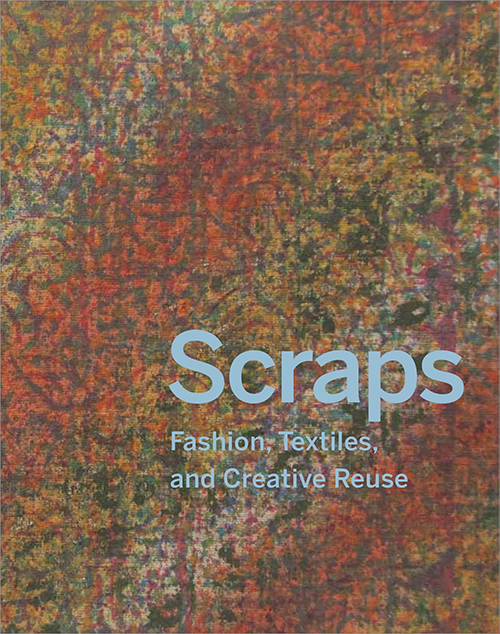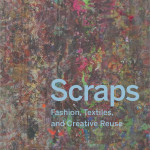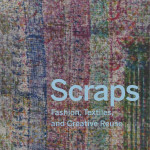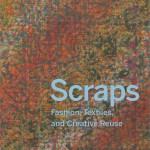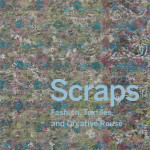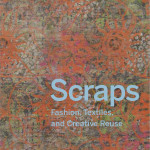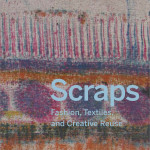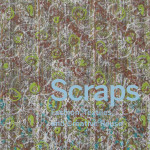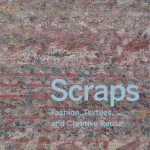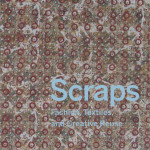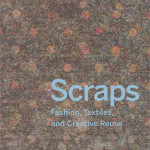The textile and fashion industries produce millions of tons of solid waste every year through the many processes used—from yarn production, weaving, knitting, dyeing, and finishing to apparel construction, quality inspection, and unsold goods—generating waste at each step. Typically, this waste is sent to landfills, incinerated, or, at best, recycled into low-quality fibers used for industrial applications. Scraps, published for Cooper Hewitt, Smithsonian Design Museum’s exhibition of the same name, presents three designers’ alternative approaches to the shockingly high human and environmental costs of textile industry waste.
Christina Kim, founder of Los Angeles–based brand dosa; Reiko Sudo, cofounder of Tokyo textile firm NUNO; and Luisa Cevese, founder of Milan-based accessories and home goods company Riedizioni, all share a profound respect for scraps as repositories of raw materials, energy, labor, and creativity. Inspired by the long tradition of using handcraft to give new life to scraps and castoffs, each takes an entirely different approach to contending with textile waste, but all agree that there is much to be gained—aesthetically and financially, as well as environmentally and socially—by making recycling an integral part of their design practice.
The delicate beauty of the fabrics featured here ensures a seductive visual experience, framing the exploration of sustainable design practices: using materials and resources efficiently, providing meaningful labor, sustaining local craft traditions, and exploring new technologies as integral to the recycling process. Each copy of the book is bound in its own unique discarded Indian woodblock-printed textile with foil stamping.
